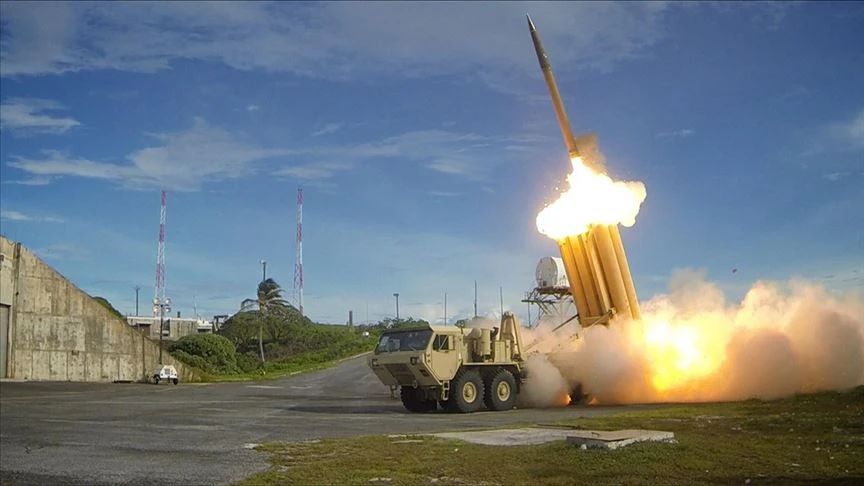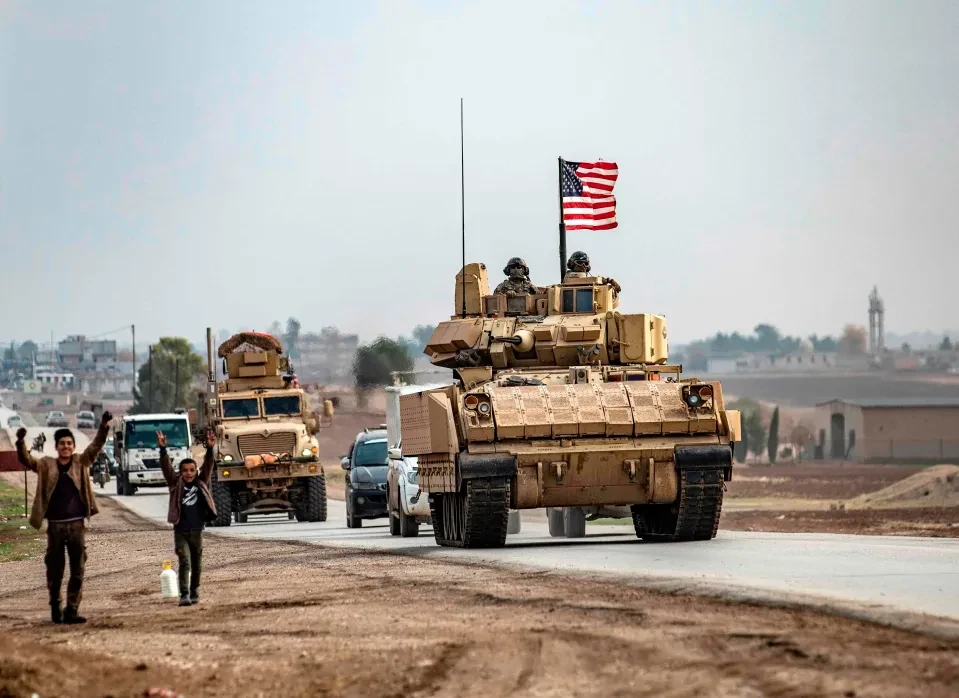US deploys anti-ballistic missile system to Israel amid preparations for potential strike on Iran
 THAAD anti-ballistic missile system can hit targets at an altitude of 40-150 kilometers and a range of up to 200 kilometers. (AA Photo)
THAAD anti-ballistic missile system can hit targets at an altitude of 40-150 kilometers and a range of up to 200 kilometers. (AA Photo)
The Israeli military announced Saturday that the U.S. has deployed the Terminal High Altitude Area Defense (THAAD) anti-ballistic missile system to Israel, a move linked to growing tensions with Iran.
Israeli Army Radio described the deployment as part of preparations for a potential Israeli response to Iran’s recent missile attacks. While officials called it the “first” such deployment, the U.S. had previously sent THAAD to Israel in March 2019 for joint defense exercises. The duration of this current deployment remains unclear.
Meanwhile, Israeli Channel 12 reported that U.S. soldiers will “manage for the first time” the batteries of the system in Israel.
Pentagon confirms deployment
The Pentagon said Sunday it will deploy a high-altitude anti-missile system and its US military crew to Israel to help the ally protect itself from potential Iranian missile attacks.
At the direction of U.S. President Joe Biden, Defense Secretary Lloyd Austin “authorized the deployment of THAAD battery and associated crew of U.S. military personnel to Israel to help bolster Israel’s air defenses following Iran’s unprecedented attacks against Israel on April 13 and again on October 1,” Pentagon press secretary Pat Ryder said in a statement.
Developed by Lockheed Martin, THAAD is designed to intercept short- and medium-range ballistic missiles at high altitudes. Lockheed Martin claims it is the only U.S. system capable of intercepting missiles both inside and outside the atmosphere.
Before THAAD’s deployment, Israel’s missile defense relied on three systems: Arrow for long-range threats, David’s Sling for medium-range, and Iron Dome for short-range intercepts. During the recent Iranian attack, these systems failed to prevent several missile strikes.
On Oct. 1, Iran launched an estimated 180 missiles, reportedly in retaliation for the assassination of Hamas’ former political bureau chief Ismail Haniyeh in Tehran. Other targets included Hezbollah leader Hassan Nasrallah and Iranian Revolutionary Guard commander Abbas Nilforushan. Israeli officials later confirmed the strikes had damaged some air bases, and preparations for retaliation against Iran are ongoing.
Iran, for its part, defended its actions, citing Article 51 of the U.N. Charter, which affirms the right of member states to self-defense in response to armed attacks.



